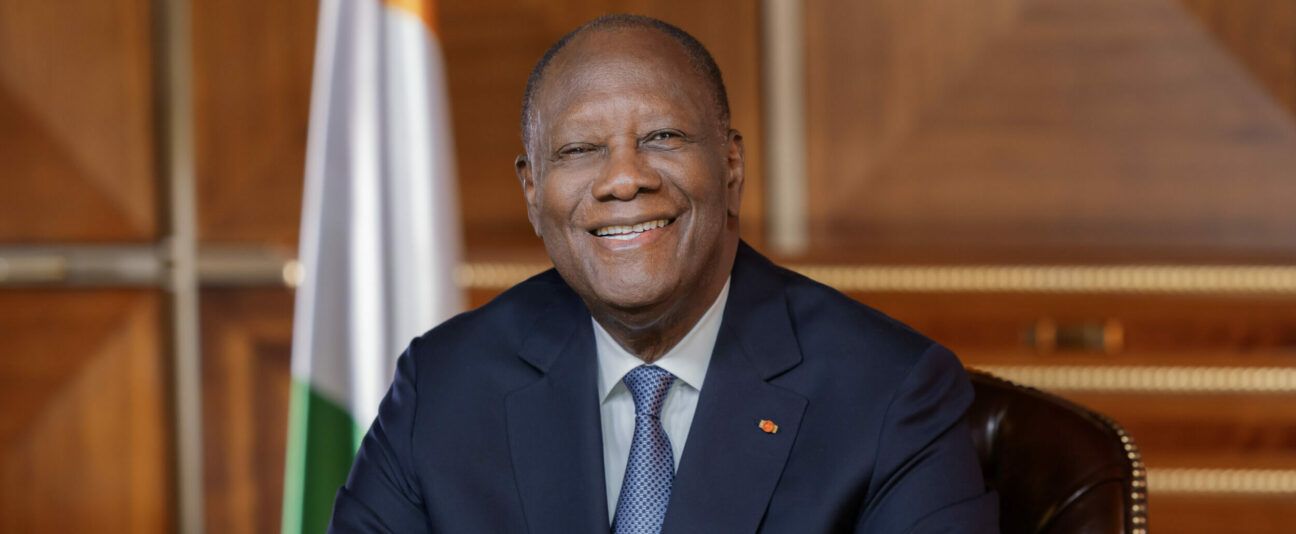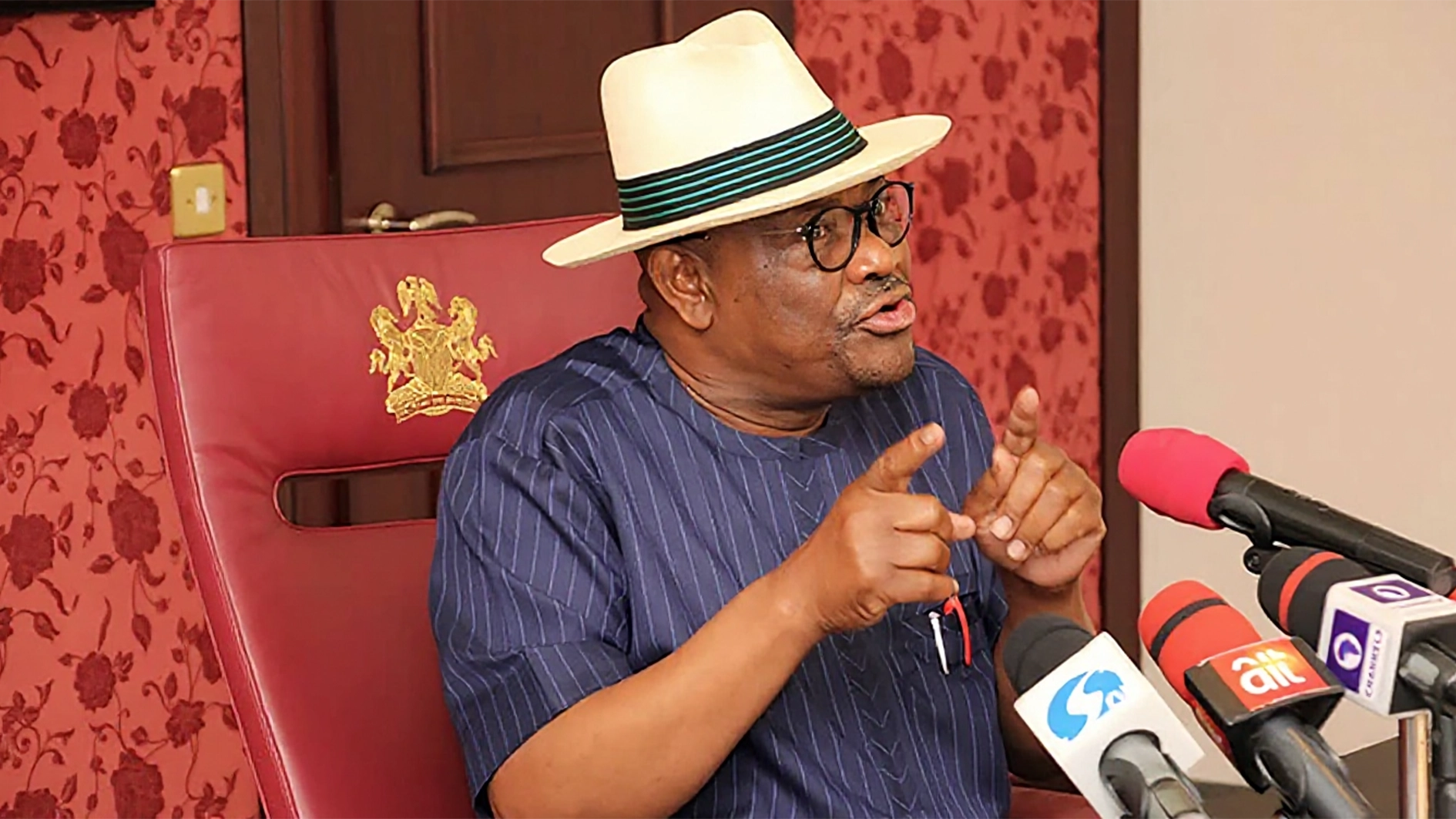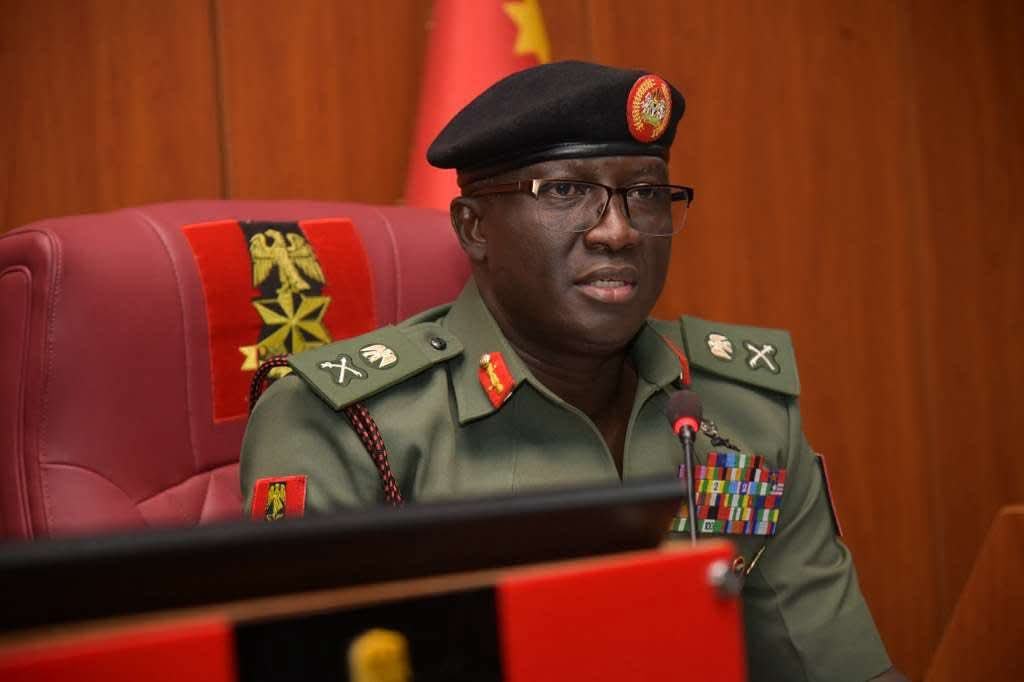The Senate has approved the 2025 Statutory Budget for the Federal Capital Territory (FCT), clearing a total of ₦1.81 trillion in funding for the capital’s development and administration in the coming year.
The approval followed the adoption of the joint committee report presented by Senator Mohammed Ibrahim, Chairman of the Senate Committee on FCT, during plenary.
The budget was harmonised between both chambers of the National Assembly and passed in accordance with relevant constitutional provisions, particularly Sections 62, 80, 88, 89, and 299 of the 1999 Constitution (as amended).
The budget signals a bold push by the FCT Administration to fast-track infrastructure delivery and urban renewal in Abuja and its growing satellite towns.
A significant ₦1.31 trillion—representing over 72% of the budget—is allocated to capital projects, underscoring the administration’s focus on roads, housing, public utilities, and other physical infrastructure.
Breakdown analyses of the 2025 FCT budget indicated that Capital Expenditure: ₦1.31 trillion (72.31%), Overhead Costs: ₦352.03 billion (19.41%), Personal Costs: ₦150.35 billion (8.29%), and total recurrent spending (personnel and overhead) was pegged at ₦502.38 billion.
Senator Ibrahim noted that the budget was developed after wide consultations with the Minister of the FCT, Nyesom Wike, and senior FCTA officials.
He said that the fiscal plan reflects the administration’s resolve to improve living standards, enhance public services, and respond to the capital’s mounting infrastructural demands.
This came after a debate marked by bipartisan praise for the FCT Minister and a strong endorsement of the budget’s heavy focus on infrastructure development.
Leading the commendations, Senator David Jimkuta hailed the Minister’s efforts, stating that the budget reflected the expectations of the Senate and responded to concerns raised during the second reading.
“All critical areas have been addressed,” he said, urging his colleagues to approve the appropriation without delay.
A key highlight of the budget that drew widespread acclaim is the allocation of ₦1.3 trillion—over 70% of the total budget—to capital projects, a move that several lawmakers described as transformative and necessary for national progress.
Senator Mohammed Tahir Monguno (Borno-North) described the budget as a model for fiscal discipline and grassroots development. “Capital expenditure directly impacts the people,” Monguno stated. “I commend the FCT for setting this standard and urge all tiers of government to follow suit.”
Beyond the numbers, lawmakers praised the visible transformation ongoing in Nigeria’s capital. Senator WSLM lauded the FCT Minister’s vision and execution, citing improvements in road networks, sanitation, and urban infrastructure. “The city has never been this good,” he said.
“Abuja is not just our capital—it is the face of Nigeria.”
With a rapidly expanding population and rising urban pressure, the 2025 FCT budget is designed to scale up investments in transportation networks, healthcare facilities, environmental sanitation, and educational infrastructure—geared toward transforming Abuja into a modern, efficient, and inclusive city.






